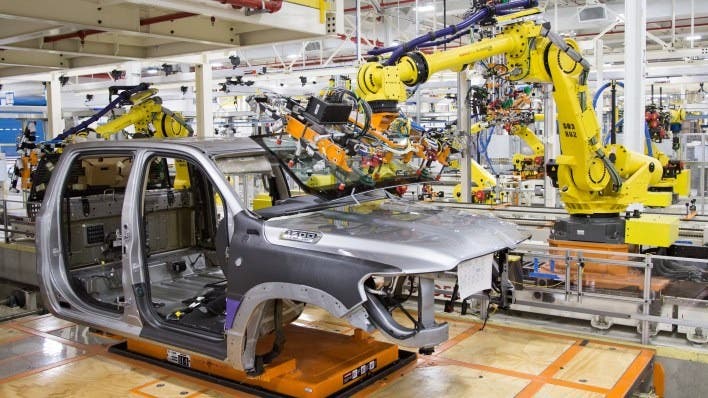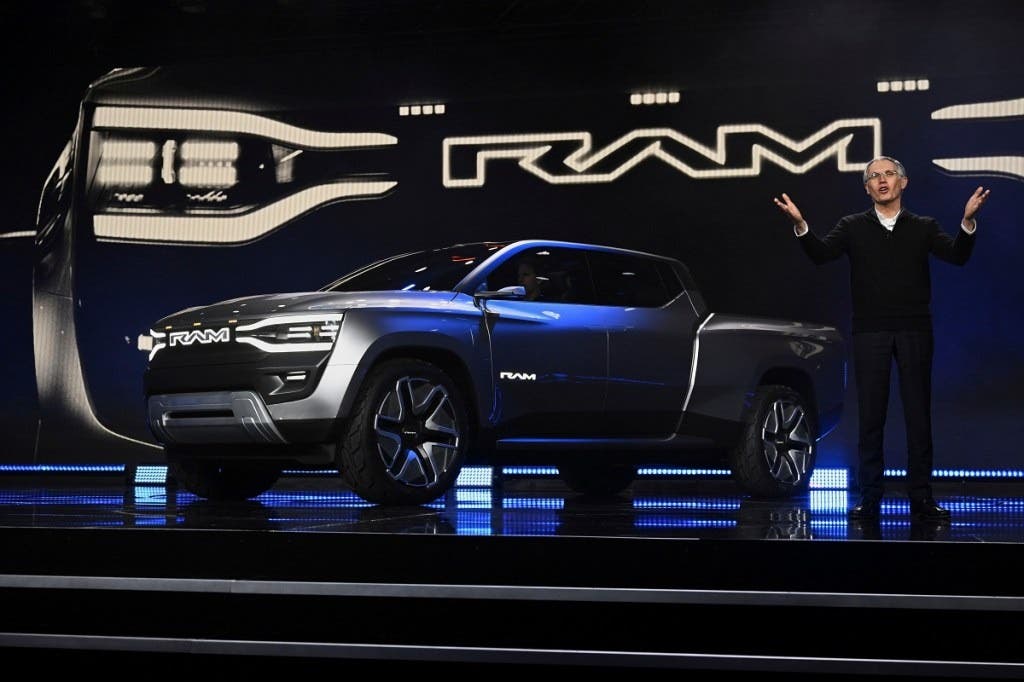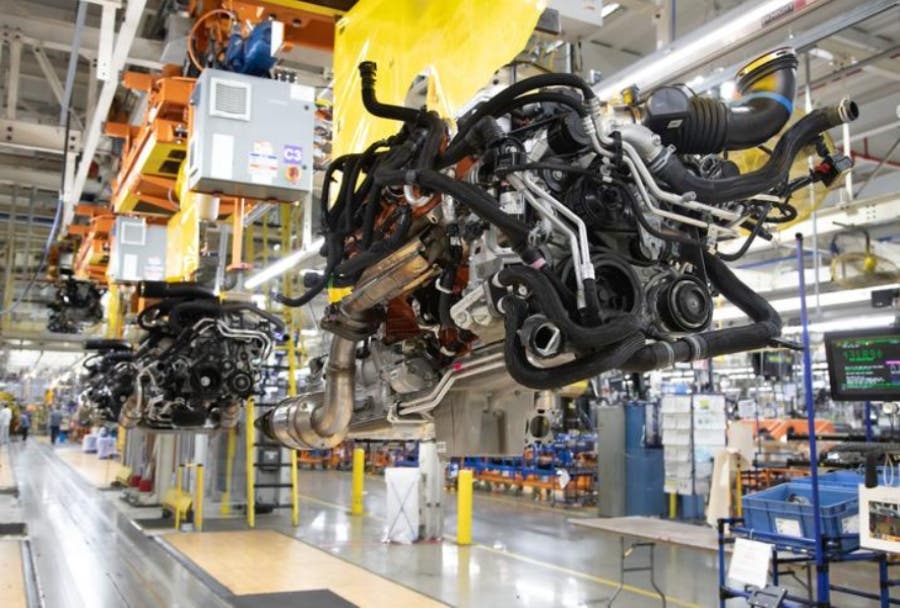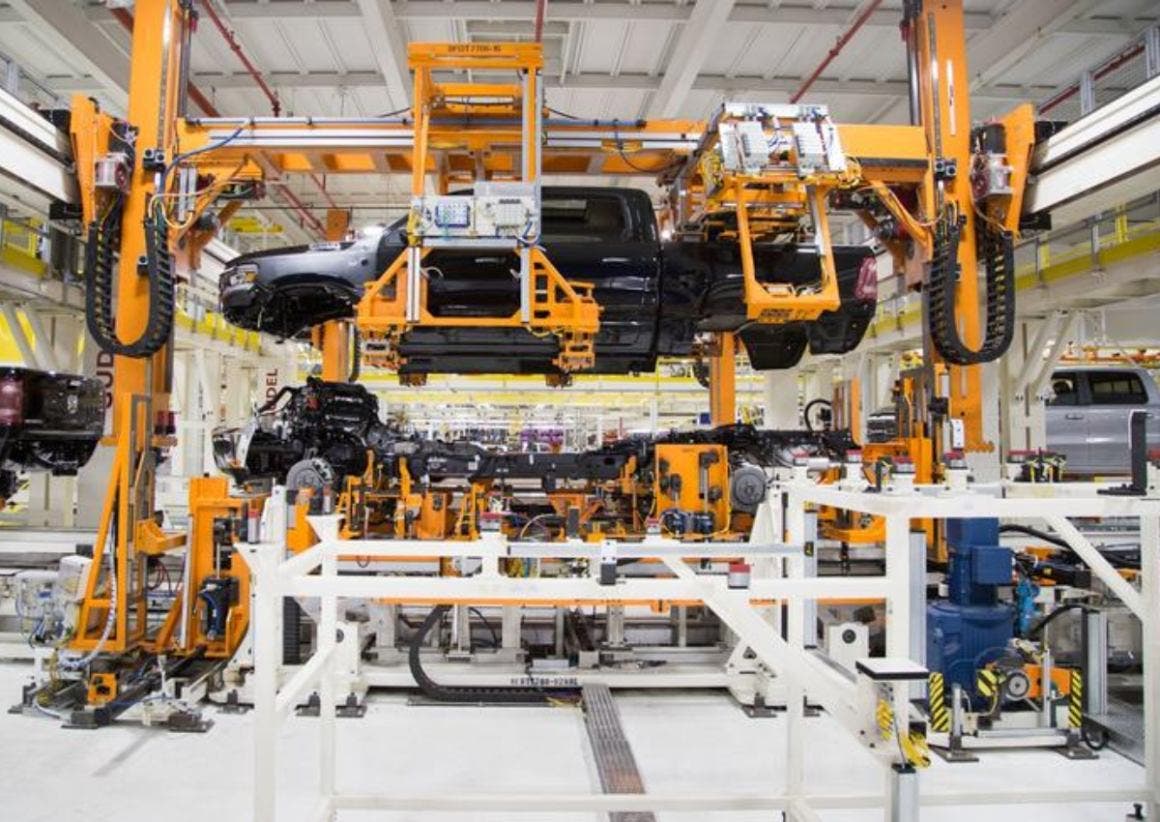Troubles at the Sterling Heights plant are undermining the Ram 1500’s reputation and weighing on Stellantis’ financial results. Confronted with the manufacturing crisis, Carlos Tavares has taken the lead. The Stellantis CEO has announced a series of measures to lift the fortunes of the Sterling Heights plant and improve the quality of the Ram 1500.
Tavares’ warning: Ram 1500 defects threaten brand reputation
The giant Stellantis automotive group is facing a number of complexities in production management, especially referring to the Sterling Heights (SHAP) plant in Michigan. Quality control problems that have been encountered at this type of plant, which caters to the production of the famous Ram 1500, are taking a rather negative toll on the group’s overall performance and consequently raising concern among investors.

CEO Carlos Tavares called the current situation “disappointing and humbling,” underscoring that the defects that have been found on vehicles leaving the plant are generating a negative impact on the “direct run rate,” a key indicator that measures a plant’s production efficiency. The main problem has translated into too many vehicles needing post-production repairs, which consequently increases company costs as well as delaying deliveries to dealers.
Tavares pointed out that this situation at the moment is in stark contrast to what would be one of the company’s main objectives, which is to guarantee in every situation the highest quality of its products from the first time they leave the production line. In fact, repairs that take place later not only generate additional costs, but also risk adding new issues, further compromising customer satisfaction.

Demand is growing, but Stellantis is failing to meet it: late deliveries and declining profits
Behind Stellantis’ difficulties would be a number of factors, including production planning that is currently suboptimal. This is caused by discrepancies between market demand and production supply, resulting in delays in the delivery of some of the models that are most in demand by customers. In addition, there would be problems in the supply chain, caused by interruptions in the supply of components that obviously generate slowdowns in the production of the vehicles being released. Finally, problems with sales strategies that appear to be not entirely adequate. The company in this case seems to have difficulty in keeping the interest of potential customers high, who show little inclination to wait too long for delivery times.

These issues in production are having a significant impact on Stellantis’ financial results, which even reported a 48 percent drop in net income in the first half of 2024. North America, particurarly, showed a 16 percent drop in revenues, a situation that stems precisely from the issues that have been experienced at the Sterling Heights plant and the difficulties in trying to meet market demand.
Trying to better address this most critical situation, Stellantis has launched a series of initiatives aimed at attempting to improve production planning, quality control, and sales strategies. Tavares announced that there will be a new visit to the United States in August, in which a meeting will be held with dealers to define a plan of action that is suitable for solving the problems encountered so far.
